So, you’re scheduled for oral surgery soon.
You’re looking forward to the results, but you’re also a little nervous. You want to make sure you’re fully prepared for the big day. You want to know what’s expected of you afterward, too.
Here are your answers — what to do (and not do) before your appointment, what to ask your oral surgeon, and how to make sure your recovery goes as smoothly as possible. For even more information about oral surgery, you can visit lubbockoralfacialsurgery.com.
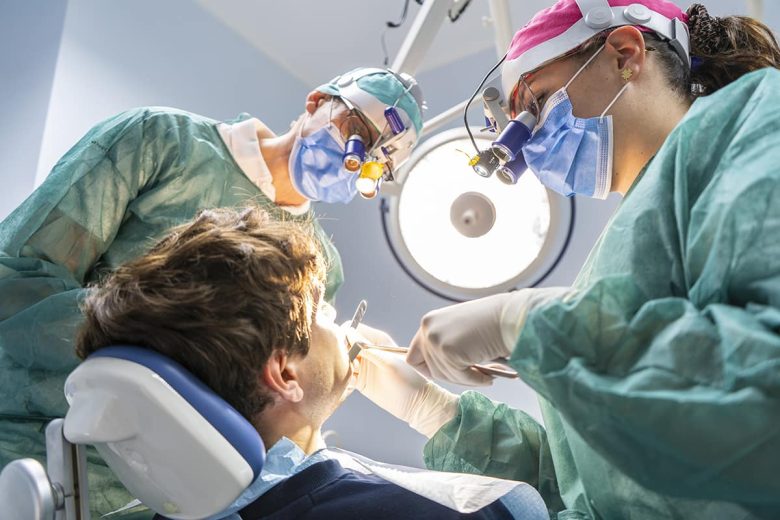
Source: lovettdental.com
Contents
What to Do Before Your Oral Surgery Appointment
Add these items to your to-do list once your oral surgery appointment is scheduled. Your surgeon may have additional instructions — be sure to follow those as well.
- Line Up a Chaperone. You’ll need a responsible adult to drive you to the surgery center, wait for you during the procedure, and drive you home afterward. Even if your surgery doesn’t require general anesthesia, you won’t be in a condition to drive immediately afterward.
- Get Time Off Work. You’ll need to get the day of your procedure off and ideally the following day as well. You shouldn’t drive or operate heavy machinery for at least 24 hours afterward.
- Let Close Friends or Family Members Know About Your Plans. If you expect to need additional support after your surgery, line that up before your procedure day. It never hurts to have people on call during your recovery.
- Plan Your Outfit. Wear loose-fitting clothing that can easily be rolled up past the elbow. Don’t wear platform or high-heeled shoes.
- Stop Using Tobacco. Stop smoking and/or using chewing tobacco as soon as possible. Tobacco use causes inflammation that can complicate your surgery and may impact your recovery.
- Monitor Your Health. Monitor your health in the days leading up to the procedure. If you develop any symptoms — even minor cold-like symptoms, like runny nose — notify your provider. If you’re not feeling your best, it’s OK to delay your surgery.
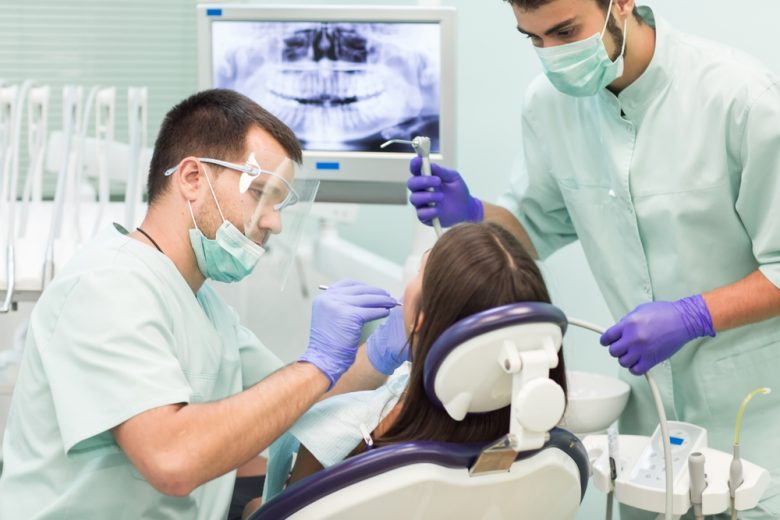
Source: lovettdental.com
What Not to Do Before Oral Surgery
As the day of your surgery approaches, make sure you’re fully prepared for the procedure. You may need to alter parts of your daily routine — temporarily, of course — and stop certain habits or behaviors, such as smoking.
These are the most important “don’ts” to keep in mind before your surgery:
- Avoid Alcohol and Recreational Drugs for at Least 24 Hours Before Surgery. Mind-altering substances can interfere with anesthesia, so avoid them for at least a full day before the procedure. If your provider suspects you haven’t followed this instruction, they may reschedule the surgery.
- Don’t Smoke for at Least 12 Hours Before Surgery. If you haven’t stopped earlier, that is. Remember, smoking and oral tobacco use promote inflammation, which makes it more difficult for the surgeon to do their job and can interfere with your recovery.
- Don’t Wear Lipstick or Excessive Makeup. Don’t wear nail polish or jewelry on the day of the procedure either.
- Don’t Eat or Drink Anything for 8 Hours Before Surgery. This includes water. If your surgery is scheduled for the morning, don’t drink anything after midnight the night before.
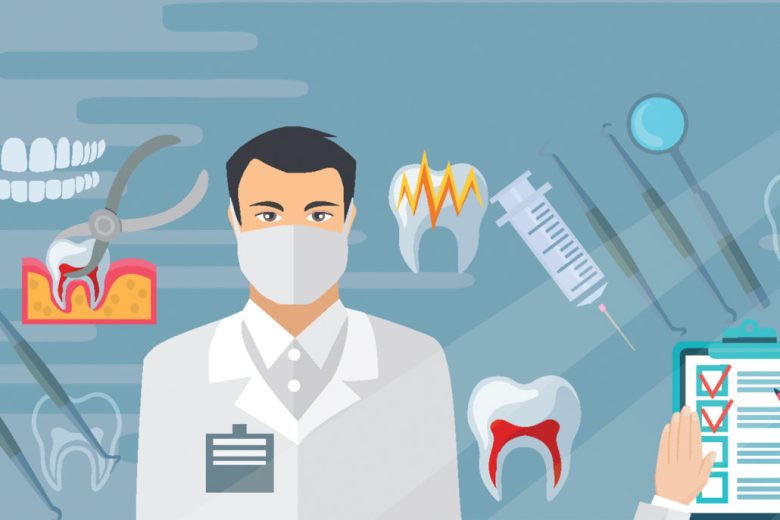
Source: lovettdental.com
Questions to Ask Your Oral Surgeon
You’ll get a lot of information from your surgeon and their support team about what to expect before, during, and after the procedure. But don’t be afraid to ask questions of your own:
- What prescription and nonprescription medications can I take before the procedure? Should I stop any?
- What are my options for anesthesia?
- What medications will I need to take after the procedure? For how long?
- How long until I can return to work?
- What are the potential risks of this surgery?
- What can I do to ensure my recovery progresses well?
- Who should I call if I have questions or concerns after the procedure?
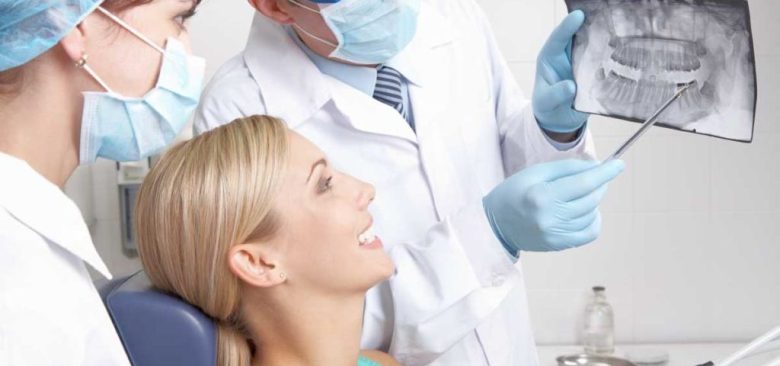
Source: lovettdental.com
Oral Surgery Recovery: What to Expect & Tips for a Smoother Experience
Every surgical procedure requires a recovery period. Here’s what to expect after your oral surgery and what you can do to make it easier on yourself and your loved ones.
- Wound Care. Don’t touch the wound directly for several days after your surgery. Rinse with a mild salt solution to reduce irritation. Even after resuming a solid food diet, be very careful not to disturb the wound during meals.
- Swelling and Bleeding. Apply an ice pack to your cheek to reduce swelling after the procedure. No action is needed for minor bleeding; apply a gauze pad to the wound to stanch heavier bleeding. Call your surgeon or seek medical attention if your mouth fills up with blood when the wound isn’t covered or you’re concerned that the bleeding isn’t stopping.
- Eating and Drinking. Drink lots of fluids during your recovery period. Avoid solid foods for at least 24 hours after the procedure; soft and liquid foods are fine. Be careful when eating solid foods for the first week after resuming your normal diet; avoid foods that cause discomfort or bleeding.
- Smoking and Tobacco Use. Avoid smoking and oral tobacco use for as long as possible during your recovery period. If you need help quitting, talk to your provider.
- Returning to Normal Activity. Take it easy for several days after the procedure. Avoid excessive exertion, bending, or lifting — you’ll likely have less energy than usual because you won’t be eating as much. Once you’re back on a normal diet, you can slowly return to normal activity.
- Call With Concerns. If you have any concerns about the surgical wound or your recovery in general, don’t hesitate to contact your provider. They’re there for you.
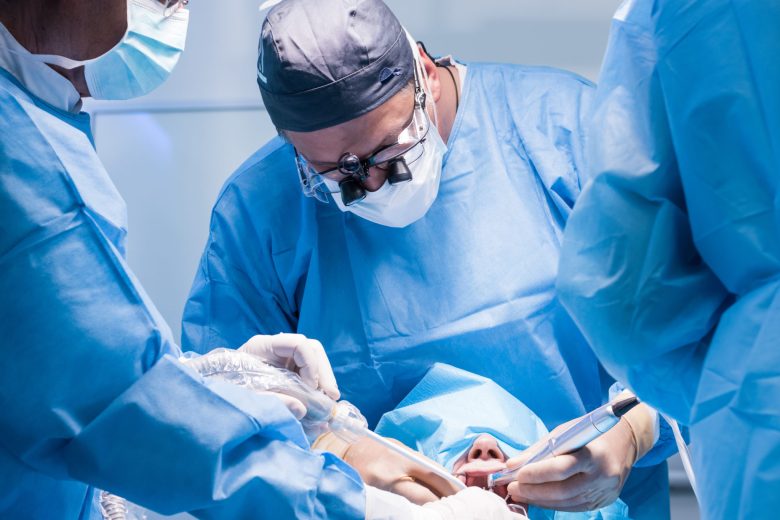
Source: pinterest.com
A Brighter Smile Awaits
It’s only natural to be nervous about your upcoming oral surgery appointment — all the more so if it’s your first time. And it’s true that any surgery is a big deal, even one that doesn’t require general anesthesia and typically has a short recovery period.
But it’s important to keep things in perspective too. If you trust your surgeon, follow their instructions, and set your expectations for post-surgical recovery, you’ll almost certainly be happy you went through with it.
Here’s to a brighter smile on the other side.
